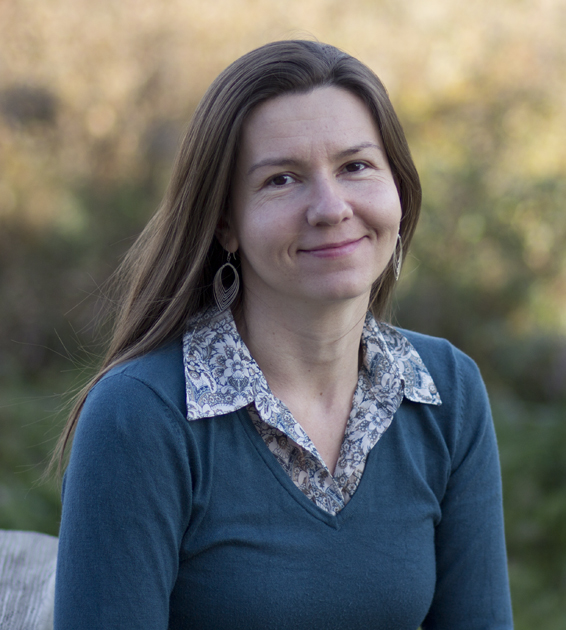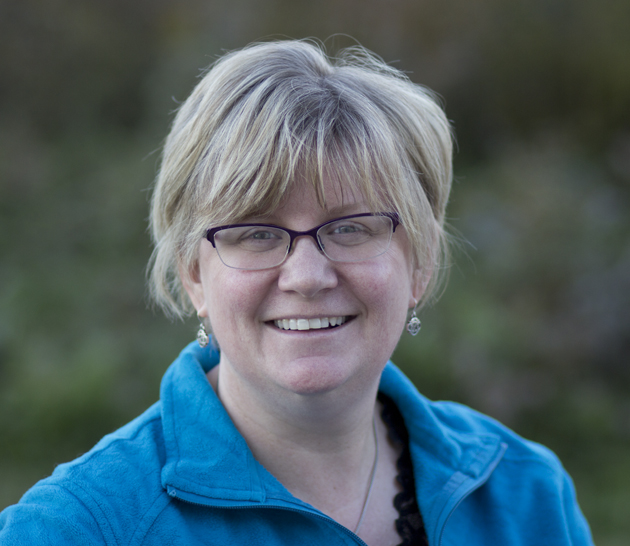WSLH Research Support Center
Experts in WSLH Research
-
-
Specialty Areas
-
-
-
Assessing the toxicity of atmospheric particulate matter using in vitro and cellular models
-
Examining developmental toxicity of persistent pollutants and endocrine disruptors using small fish models
-
Application of molecular biology techniques to elucidate mechanisms of developmental, reproductive and aerosol toxicity
-
Application of Whole Effluent Testing and related tests as tools of environmental biomonitoring
-
SARS-CoV-2 wastewater surveillance
-
- Specialty Areas
- Molecular Diagnostics
- Human Genomics – Next-Generation Sequencing and Microarray
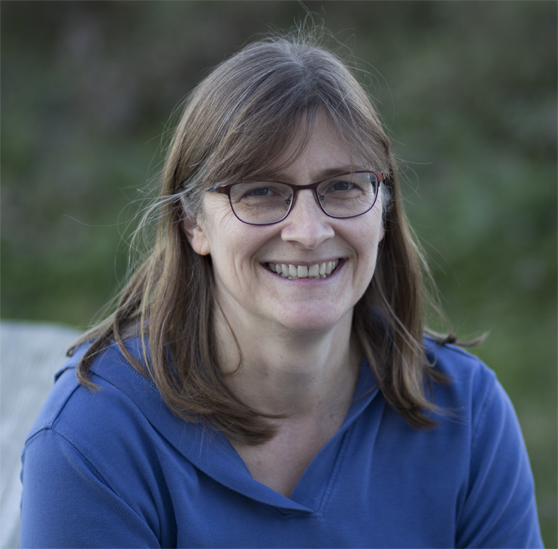 Jocelyn Hemming, PhD
Jocelyn Hemming, PhD
-
- Specialty Areas
- Development of methods to monitor effluents, surface waters and drinking waters for endocrine disrupting compounds
- Exploring the significance of exposure to endocrine modulating compounds to public and ecosystem health
- Assessment of trace metal bioavailability and uptake by aquatic organisms
- Determining the toxicity of atmospheric particulates to aquatic organisms
- Using tools of biomonitoring to assess environmental health
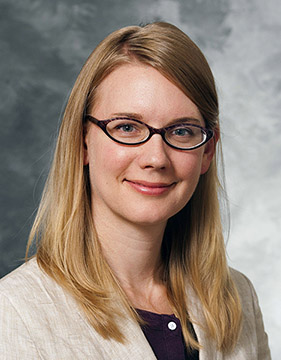 Vanessa Horner, PhD, FACMG
Vanessa Horner, PhD, FACMG
-
- Specialty Areas
- Clinical genetics diagnostics (prenatal, postnatal, oncology)
- Genetics of developmental disorders
- Molecular genetics tumor profiling
- UW Collaborative Genomics Core (UWCGC)
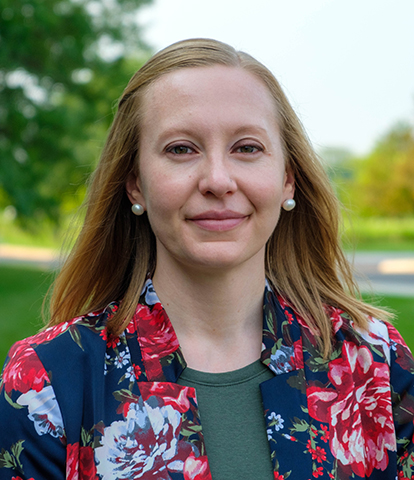 Kayley Janssen, PhD
Kayley Janssen, PhD
-
- Specialty Areas
- Nucleic acids
- Method development of molecular based assays for environmental samples
- qPCR, dPCR and Next-generation sequencing
- Large volume sampling and concentration methods for microbial identification
- Pseudomonads
- Wastewater based epidemiology
-
- Specialty Areas
-
Forensic toxicology
-
Drugs of abuse testing in biological matrices
-
Oral fluid testing (both roadside and laboratory)
-
Method development and validation using SWGTOX and ABFT guidelines
-
Training for law enforcement, attorneys and judges on the effects of alcohol and drugs on human performance
-
- Specialty Areas
- Assessment and analysis of toxins produced by cyanobacteria (blue-green algae)
- Identification of freshwater phytoplankton
- Whole Effluent Toxicity (WET) and sediment toxicity testing
- Development and improvement of aquatic toxicity testing methods
-
- Specialty Areas
- Developing measurement and chemical characterization tools to quantitatively understand the origin and impacts of air pollution on human health, climate and sensitive ecosystems
- Air quality issues relating to indoor, urban, regional and global air pollution
-
Air quality modeling
-
Measurement of atmospheric pollutants
-
Measurement of air pollution source emissions
-
Aerosol dynamics
-
Development of air pollution control strategies
-
- Specialty Areas
-
Trace element biogeochemistry of rivers and associated watersheds
-
Nutrient and trace element cycles in inland and Great Lakes
-
Colloid mediated processes in surface and groundwaters
-
Biogeochemistry and cycling of aquatic particulates
-
Analytical chemistry and speciation of metals at ultra-trace levels
-
- Specialty Areas
- Occupational Health and Safety
- Indoor Air Quality
- Home Chemicals including pesticides
- Whole Air analysis by GC-MS
